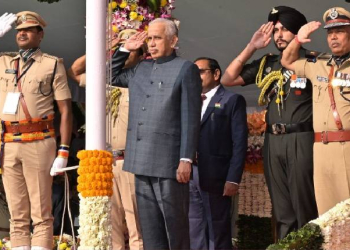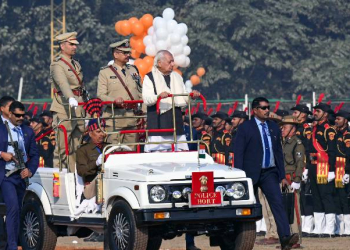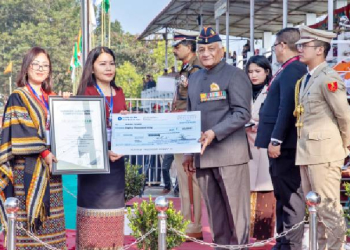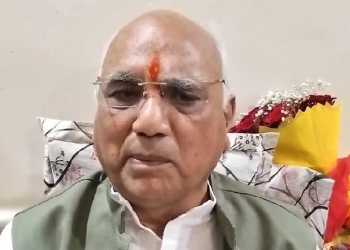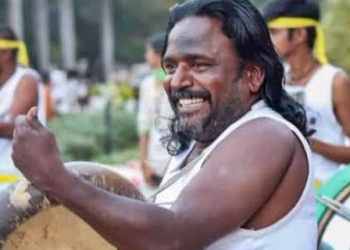Prayagraj: In a major development, the Allahabad high court has cancelled three government orders issued between 2016 and 2019 through which 18 sub-castes from the Other Backward Classes (OBC) were notified as Schedule Caste (SC) in Uttar Pradesh.
The Allahabad high court ruled that the Central government alone has the power to include a caste in the list of SC.
Allowing a PIL filed by B.R. Ambedker Granthalaya Evam Jan Kalyan, Gorakhpur and others, a division bench comprising Chief Justice Rajesh Bindal and Justice J.J. Munir quashed the three notifications dated December 21, 2016, December 22, 2016, and June 24, 2019.
The first two notifications were issued by the Samajwadi Party (SP) government while the BJP government issued the third one during its previous tenure.
By these notifications, 18 OBCs were placed in the category of SC. High court had already intervened to stop both the governments from action on these notifications.
The two notifications issued by the SP government were challenged through the above-mentioned PIL on the ground that they were without authority as provided under Article 341 of the Constitution.
Article 341 empowers the President to specify castes, races or tribes that will be classified as ‘SC’ under the Constitution.
While hearing the PIL, the court had passed an interim order in favour of the petitioner and directed the state government not to issue any caste certificate on the basis of these notifications.
However, during the pendency of the PIL, another notification to the same effect was issued on June 24, 2019, by the Yogi Adityanath government. This notification was also challenged and, in this case, too, an interim order directing the state government not to issue any caste certificate on the basis of the notification was passed.
On Wednesday, after hearing the counsel for the parties, the court was of the view that “it is the Central government which is empowered to bring a caste in the ambit of SC and the state government has no power in this regard”.
The detailed verdict is awaited.
The sub-castes which the SP and BJP governments intended to include in the SC category were Majhwar, Kahar, Kashyap, Kevat, Mallah, Nishad, Kumhar, Prajapati, Dheevar, Bind, Bhar, Rajbhar, Dhiman, Batham, Turha, Godia, Manjhi and Machhua.
Among these, sub-castes like Kevat, Mallah, Bind, Nishad and Manjhi broadly come under the Nishad community, which has been demanding SC status for a long time.
Nishad Party, which claims to be representing the community, is part of the NDA alliance since 2019 Lok Sabha elections. Earlier, it was an ally of the SP.
Similarly, the Suheldev Bharatiya Samaj Party, claiming to have the support of Rajbhars, was an ally of SP in the 2022 Uttar Pradesh elections and prior to this, it was part of the NDA and its leader O.P. Rajbhar was also a Minister in the Yogi government.
The issue of inclusion of certain OBC sub-castes in the SC list has been lingering for the past 18 years. It was in 2004 that the Mulayam Singh Yadav government amended the Uttar Pradesh Public Services Act, 1994, to include as many as 17 OBC sub-castes in the SC category.
The Allahabad high court, however, quashed the decision declaring the move unconstitutional and void as it was taken without the consent of the Central government.
The issue was revived when the SP came to power again in 2012.
“In their OBC outreach bid, both SP and BJP have been trying to take certain sub-castes out of the backward bracket, where the competition for the quota pie is much stiffer, and put them in the SC category where fewer strong sub-castes like Jatavs and Pasi vie for the reservation,” says a political analyst.
Attacking the BJP on the HC decision, SP said that the reservation to the 18 most backward communities got cancelled due to ineffective action in court by the BJP government.
(IANS)




